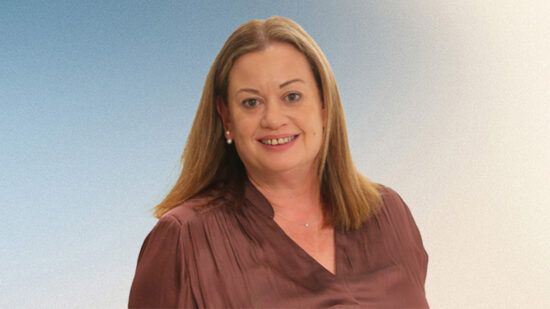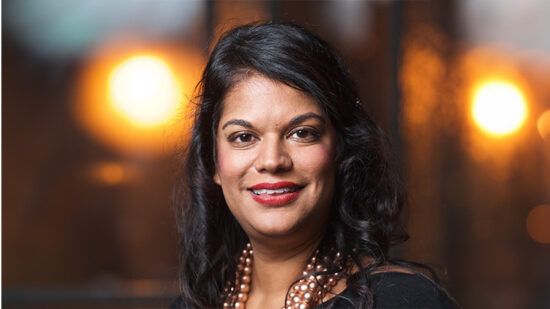In our latest Clarity Clinic interview, we ask Reinhilde Weidacher, head of Global Research & Products at ISS Ethix, what she considers the biggest change in sustainable investing in a decade and which issues are dominating investor discussions today?
1) How have attitudes towards sustainable investing changed during your career to date?
A) Today, there is an amazing amount of information circulating and there is some really great insight. I came into this market 15 years ago, when it was fundamentally different. Back then, we were talking about ESG and responsible investment strategies in entirely different terms. It was a side-line.
2) What do you think has been the key driver in terms of the development and acceptance of ESG as an investment approach?
A) It always takes a specific debate for an issue to gain traction in wider society. ESG issues are no different. Usually, the debate is kicked off by something negative, which triggers a broader debate. That was the same even 20 years ago. We had those major scandals but we didn’t have this broader framework which has been established since. What has fundamentally changed is that there are now so many stakeholders. The investor community has many eyes on them. There are clear expectations they take ESG into consideration. Those expectations simply were not there in the past.
3) In your opinion, what are the most common ESG issues that are front of mind for investors in today’s market?
A) There is no RFP or strategy that doesn’t talk about climate. Undoubtedly, climate has a huge place in investor thinking and it is taken as a given now [that asset managers will consider it]. Even five years ago, that was entirely different, so that has evolved very fast. Today, a lot of the time that we spend with investors is on climate.
On social issues, the debate is driven more by specific local, or regional, influences. Certain topics are driven more by geography. Labour practices and standards are a good example. In the UK, and parts of Europe, you have had a lot of discussions around forced labour. The UK has been looking at it very closely, following the introduction of the UK Modern Slavery Act. You have had some debate on similar issues in the US and, in a way, those are issues that should be core to every responsible investment policy.
Healthcare is a big issue, with mental health, in particular, coming up as a big issue. Another issue on the environmental side is plastics and that comes up in the news agenda every day. That is not a new issue but one that has gained real traction.
4) What do you think has been the biggest change in the market during your career?
A) The involvement of expert stakeholders has fundamentally changed in recent years. There is a real interest in listening to, and identifying key stakeholders, whether that is expert NGOs, academic institutions or multi-state bodies. Today, there are a broad range of stakeholders that come into the picture, as possible partners who are able to map risk.
Leading asset owners and asset managers, particularly in Europe, have been seeking input from external organisations and academics to fully understand the issues that civil society groups may rally around. We are likely to see much more of this multi stakeholder approach where investors take a key role.
What we have also observed over the past few years, and expect to see going forward is that other stakeholders are keenly aware of the investor’s role. Let’s take the firearms debate in the US – There was an immediate focus on investors with stakeholders asking how they will respond to this challenge. There are growing expectations on investors to step into the picture.
5) Which regions do you think are ahead when it comes to ESG adoption?
A) [laughs…] You are talking to someone who has worked in the Scandinavian market so I still tend to think that Scandinavia is well ahead of other parts of the world, but I do think there is a level in sophistication across markets now.
I would still stand that Scandinavia is among the top regions in the world. However, there are many other European countries or segments that have become very advanced. In the Netherlands we have seen asset owners in the driving seat on major topics, strategies and approaches. I also think that the UK has seen real progress. The UK is a very mixed market and you have some very sophisticated institutional investors. Different regulatory environments have also helped shape e responsible investment trends








